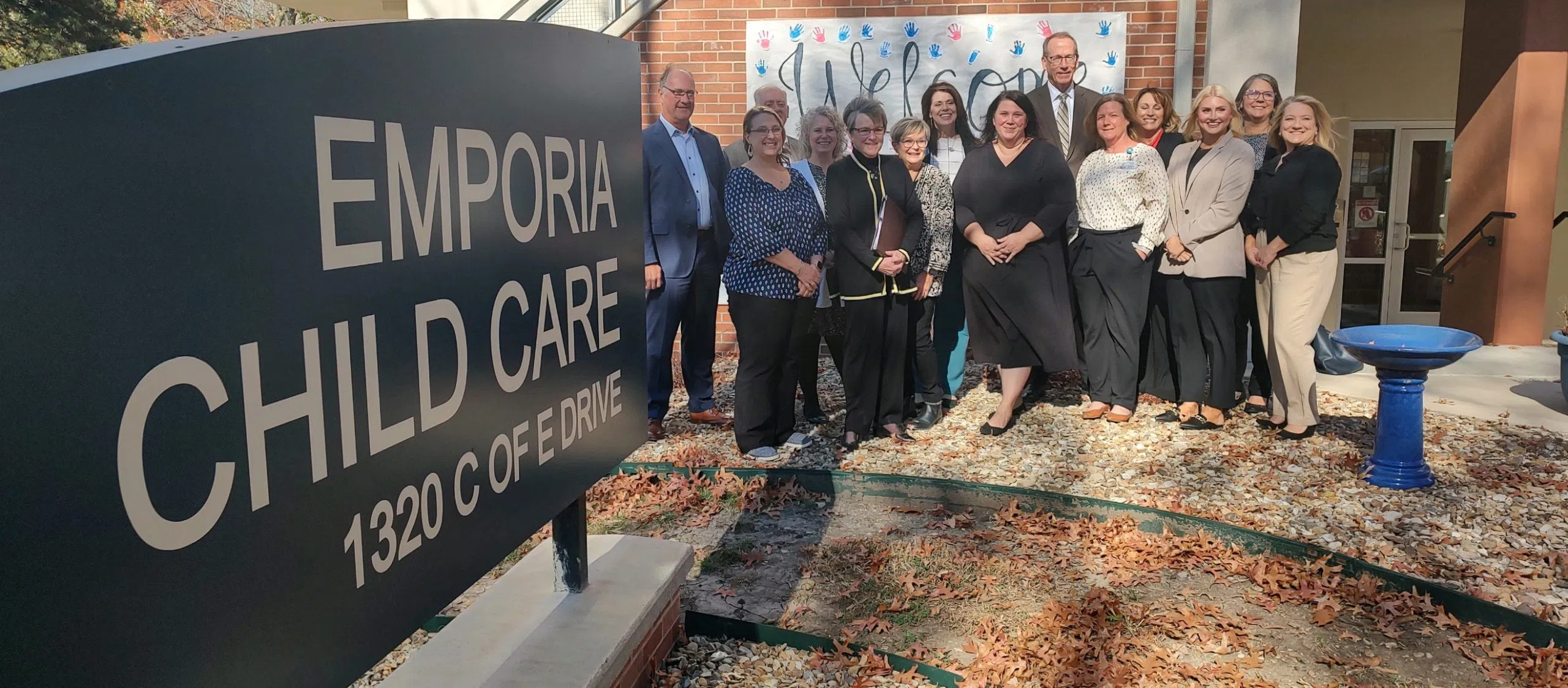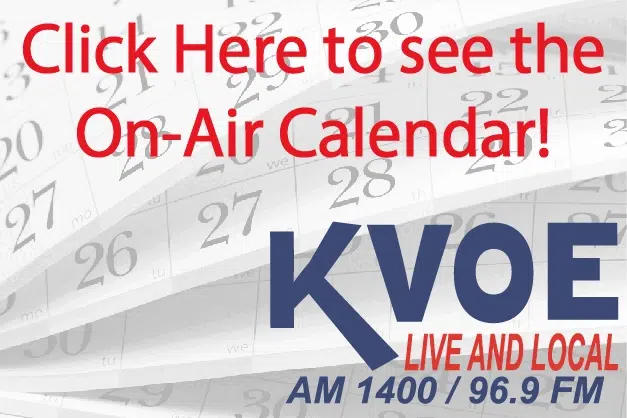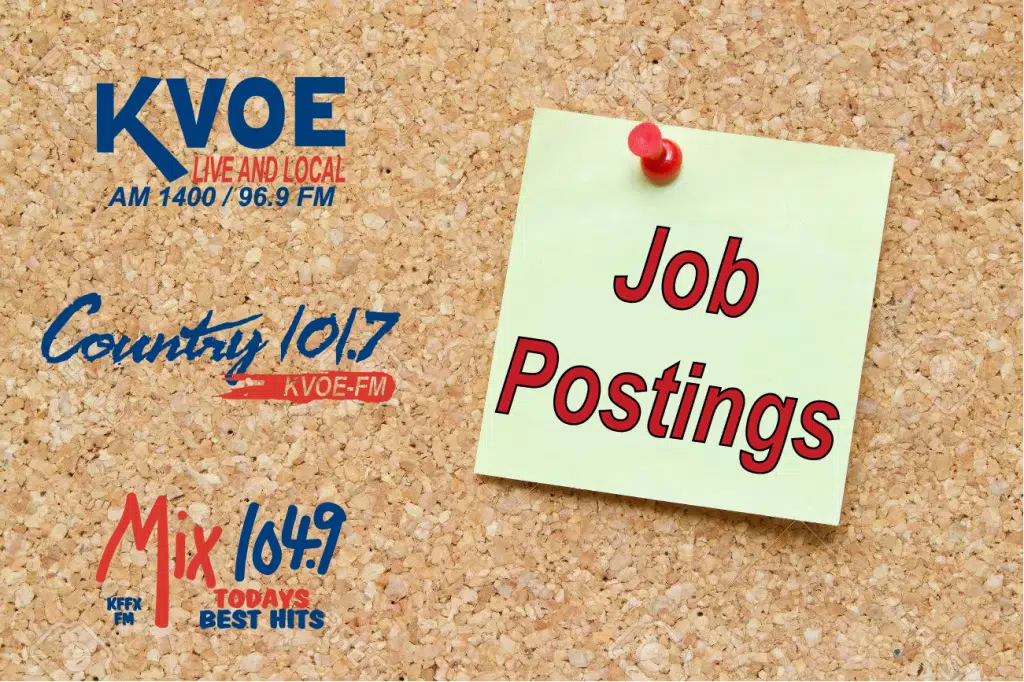If childcare’s impact on a state’s economy wasn’t apparent, a recent roundtable discussion in Emporia may have helped put that in greater perspective Tuesday.
Kansas Governor Laura Kelly made a pair of stops in Emporia where she met with local leaders and lawmakers as part of her statewide tour on the topic of Medicaid expansion, something the governor has attempted to do on five previous occasions and is looking to attempt yet again this next legislative session. Governor Kelly stated during Tuesday’s discussions this is the “most important issue facing the state of Kansas.”
Many would agree with that sentiment, especially those in the childcare profession which was the purpose of Governor Kelly’s stop at Emporia Childcare. There she gauged the current state of the childcare profession and the potential benefits expanded Medicaid could have on it.
Governor Kelly says Tuesday’s conversations made it apparent there is a “horrible” level of turnover within childcare facilities across the state. Emporia Childcare Director Deb Crowl noted that is true for their center and pointed to a lack of affordable health insurance as a major factor.
She says she has already lost several staff members to other positions because the new position offered benefits they could not.
Governor Kelly says this is a great example of the need for expanded Medicaid access, especially for lower-income positions.
Crowl agrees with the governor’s assessment and says having access to better benefits means the potential to hire and retain more qualified staff, meaning greater continuity of care for the children they serve.
Another point noted during Tuesday’s conversations was the importance of childcare to the success of the state’s economy. Governor Kelly stated Tuesday that interactions with businesses across the state over the past few years have shown that quality childcare, and access to it, is “absolutely fundamental to their bottom line.”
17th District Senator Jeff Longbine of Emporia says he has felt the impact of childcare availability with his own business saying there are 4-5 days a month when employees cannot work because they have no one to look after their children. He says when it comes to larger businesses and industries those statistics are undoubtedly more substantial.
Kansas 60th District Representative Mark Schreiber says when it comes to sustaining and attracting businesses across the state, it is important that communities not only have a strong workforce but also resources in place to ensure that workforce is available to do its job.
The Governor’s visit comes as the Emporia Chamber Foundation is in the process of securing grant funding to convert the former Maynard Early Childhood Education building into a 24/7 daycare facility. Ignite Emporia Director Michelle Margesson says Medicaid expansion will not only mean better benefits and financial stability for childcare workers, it will also allow local workforce members “to be at work.”
In terms of impacts to education, there has been a notable trend of declining enrollment in recent years with USD 253 Superintendent Dr. Allison Anderson Harder pointing to the issue of childcare as a possible factor.
As previously mentioned, this will be the sixth attempt at passing Medicaid expansion under Governor Kelly’s administration with the first attempt coming in 2014. Expansion was passed back in 2017 but ultimately vetoed and the matter passed the House of Representatives back in 2019 but failed to reach the Senate floor.
As of now, Kansas is one of only 10 states to have not expanded Medicaid eligibility to its residents. The Governor says that inaction has led to nearly $7 billion in Kansas taxpayer money being left in DC.
Following her stop at Emporia Childcare, Governor Kelly made her way to Commercial Street where she met with the co-owners and operators of Imaginarium. Co-owner Del Jacob says it was an honor to host the governor and give her a close-up view of the work they have been doing. Jacob and co-owner Melanie Curtis say the governor’s visit comes as the two prepare to launch a new business venture Educators to Entrepreneurs.
Jacob says it may be six months to a year before the new venture is fully up and running.





















